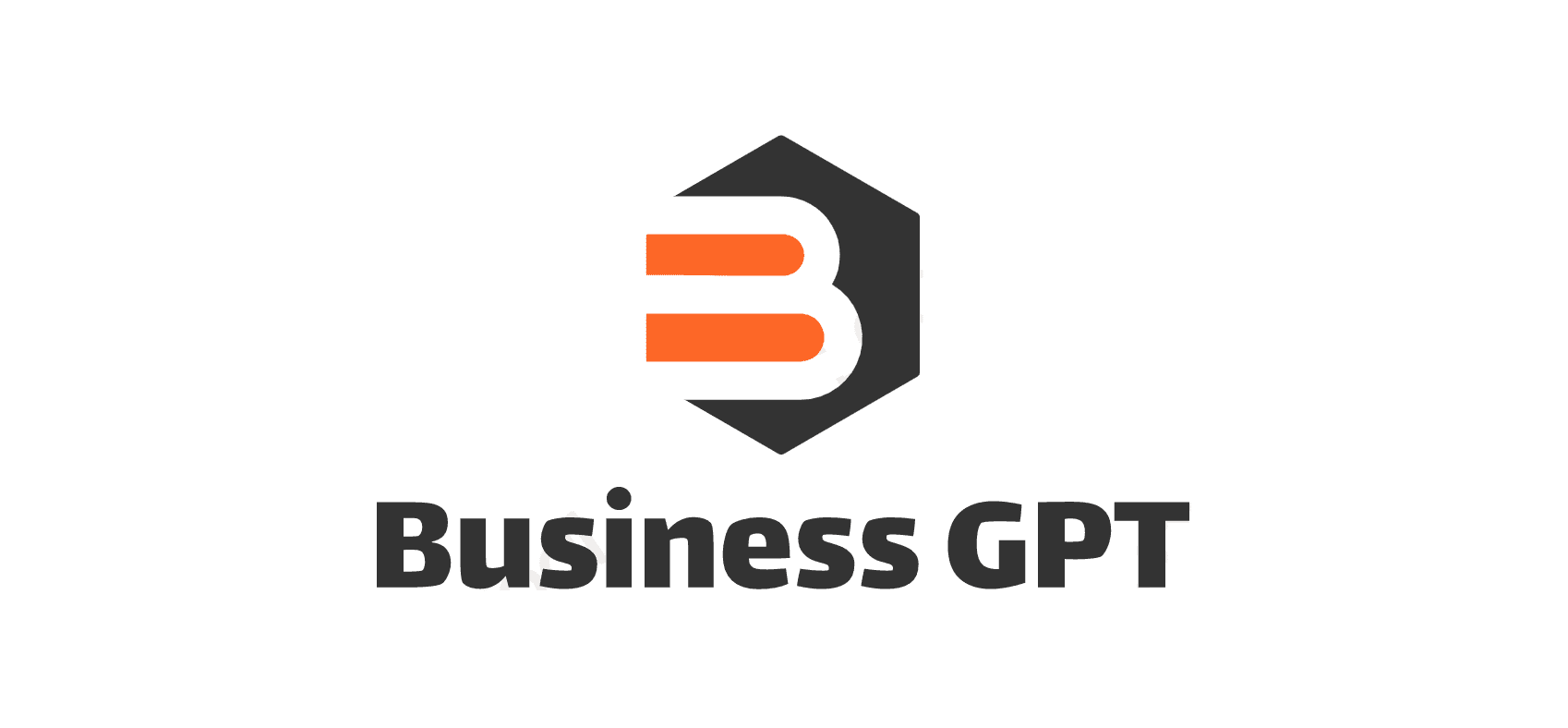How to Negotiate a Tax Settlement

Do you owe back taxes? How much are you on the hook for, anyway?
Depending on your tax situation, owing the IRS can be anything from an inconvenience to a full-on catastrophe. In any case, paying taxes can be expensive and time-consuming.
Whether you plan to pay the IRS back slowly or want to negotiate a full tax settlement, you must know your tax bill in full before jumping into action.
To learn more about how to negotiate a tax settlement, keep reading.
Understanding Your Tax Situation
The first step in negotiating a tax settlement is to understand your tax situation. This includes knowing how much you owe, why you owe it, and what options are available to you. You can get this information from your tax return(s), the IRS website, or a tax professional.
The IRS has a website with a lot of information about tax law and taxpayer rights. Understand the reasons for your tax debt. The reasons for your debt will affect your options for settling it.
Gather all your financial information including your income, expenses, assets, and liabilities. You will need this information to make an offer in compromise or to negotiate a payment plan. A tax professional can help you understand your tax situation and develop a plan to resolve it.
If you can’t afford to pay the full amount of your tax debt, don’t try to hide it. The IRS will eventually find out, and you could face even more penalties and interest. The IRS is not likely to agree to your first offer, so prepare to negotiate and compromise to reach an agreement that is fair to both parties.
Researching Tax Settlement Options
There are several different options available for settling tax debt. The most common option is to enter into an installment agreement with the IRS taxes. This allows you to pay off your debt over time, with interest.
Another option is to request a payment plan. This is like an installment agreement, but it is for a shorter period of time. If you are unable to afford to pay your debt, you may be able to negotiate an offer in compromise.
An offer in compromise allows you to settle your tax debt for less than the full amount you owe. The IRS will consider your ability to pay, your assets, and your expenses when deciding whether to accept your offer.
It is important to note that there are no guarantees when it comes to a tax settlement. The IRS may not approve your request for an installment agreement, payment plan, or offer in compromise. If you are considering tax settlement, it is important to weigh the risks and benefits carefully.
Making an Offer that is Reasonable and Fair
When negotiating a tax settlement, it is important to make an offer that is reasonable and fair. The IRS will consider some factors when evaluating your offer. This includes your ability to pay, the amount of your debt, and the reasons for your delinquency.
To make a reasonable and fair offer, you should consider your ability to pay. How much money do you have coming in each month? How much money do you have going out each month? Can you afford to make monthly payments on your tax debt?
Consider the amount of your debt. How much do you owe the IRS? How much of your debt is the principal? How much of your debt is interest and penalties?
Consider the reasons for your delinquency. Were you simply late in filing your tax return? Or did you make a mistake on your return? Did you experience a financial hardship that made paying taxes difficult?
Understand that negotiation is a give-and-take process. Be prepared for the possibility of counteroffers from the tax authority. Remain open to finding a mutually acceptable resolution.
Preparing a Defensible Argument
When negotiating a tax settlement, it is important to prepare to defend your position. The IRS will likely challenge your arguments, so it is important to have evidence to support your claims. Even if you disagree with the IRS, it is important to be respectful when communicating with them.
When explaining your situation to the IRS, be clear and concise. Avoid using jargon or technical terms that the person you are speaking to may not understand. IRS will likely ask you questions about your case, prepare to answer these questions honestly and in a clear and concise manner.
Hiring a Tax Attorney or Accountant
Hiring a tax attorney or accountant is the best way to ensure that you get the best possible outcome when negotiating a tax settlement. They will have the knowledge and experience to represent you and protect your rights.
When choosing a tax attorney or accountant, it is important to find someone who is experienced in tax settlement negotiations. You should also ask about their fees and how they are paid.
Negotiating a tax settlement can be a daunting task, but it is important to remember that you have rights. With the help of a qualified tax attorney or accountant, you can get the best possible outcome.
Communicating with Tax Authorities
The IRS will be more likely to work with you if you are honest about your ability to pay your taxes. It is important to communicate with the tax authorities in a professional and respectful manner. This will help to build trust and make it more likely that you will be able to reach a resolution.
If you owe back payroll taxes, there are a few solutions for back payroll taxes. First, you should contact the IRS and explain your situation. They may be willing to work with you to create a payment plan or offer other forms of relief.
You may also want to consider hiring a tax professional who can help you navigate the process. If you are struggling to pay your back payroll taxes, you should seek professional help from a tax attorney or accountant. They can help you understand your options and develop a plan to resolve your debt.
Successful Negotiations for Tax Settlements
Negotiating a tax settlement can be complex, but following the steps outlined above can help you successfully resolve any tax-related issues you may be facing.
It is important to remember that the process takes time, so be patient and persistent. If you need help, consider consulting a reputable tax professional for guidance. Start now and start negotiating!
For more financial advice, check out the rest of our blog!



